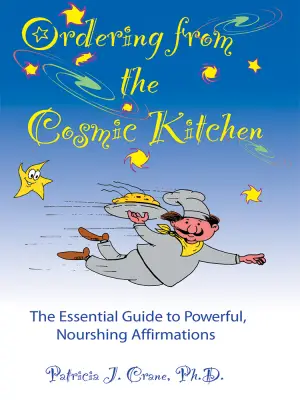As a financial enthusiast and someone eager to plan my retirement effectively, I was drawn to How Much Money Do I Need to Retire? by Todd R. Tresidder. With glowing endorsements claiming it’s “the best retirement planning book of all time” and that it helps readers “know more about your retirement planning than your financial adviser,” I was curious to see if it could genuinely demystify the complexities of retirement savings.
Tresidder’s book offers a fresh perspective on retirement planning, moving away from traditional formulaic approaches that result in “garbage-in/garbage-out” estimates. Instead, he emphasizes understanding the underlying principles of retirement savings to avoid the pitfalls of underspending or overspending. This premise truly resonated with me, as many conventional models often leave countless individuals anxious or ill-prepared for retirement.
One of the most significant strengths of this book is its straightforward, no-nonsense approach. It breaks down complex ideas into digestible parts, echoing what David J. Bates mentioned about Tresidder’s ability to distill essential information. With just over 200 pages, the book is organized, clear, and filled with actionable advice. I particularly appreciated the three models Tresidder outlines for planning: Conventional Retirement Planning, Creative Lifestyle Planning, and a Cash Flow Model. Together, they provide a robust framework that can adapt to various financial situations, allowing me to visualize my path toward financial freedom.
However, while these strengths are commendable, I did find myself yearning for more depth, especially in the sections regarding estimation of investment returns. Some of the ideas were complex and required multiple readings to fully appreciate, potentially leaving novice readers a bit lost. A Marine’s Review aptly pointed out that while the concepts are simplified, some foundational financial literacy might be necessary to gain the most from it. I occasionally felt overwhelmed by certain technical details, which detracted from the otherwise clear narrative.
Another aspect I found engaging was Tresidder’s focus on practical tools, particularly the Ultimate Retirement Calculator he refers to on his website. This calculator enables readers to better understand their unique financial situations, encouraging proactive engagement with their retirement planning. As a reader, I found this to be invaluable, as it ties the advice in the book directly to personal application—a point echoed universally in customer reviews praising the logical approach of the book.
Despite a few areas where I felt the discussion could be deeper, I left the book feeling empowered. The concept of determining a “magic number” for retirement savings was particularly eye-opening, aligning well with what stuckintheusa and others mentioned about the actionable insights provided. It struck me that establishing this number isn’t about rigidity but instead promotes a proactive mindset in goal-setting and financial awareness.
In conclusion, How Much Money Do I Need to Retire? successfully exceeded my expectations in terms of clarity and practicality. While it has its few drawbacks—primarily concerning some complex discussions that may challenge less experienced readers—the valuable perspectives and tools it offers are essential for anyone serious about their financial future. If you’re looking for a straightforward guide to navigating retirement savings that includes realistic strategies and encourages personal accountability, I highly recommend picking up this book. Ultimately, Tresidder’s work fosters a sense of confidence in approaching financial planning, helping to ensure that you’re informed and proactive in your journey toward a secure retirement.








